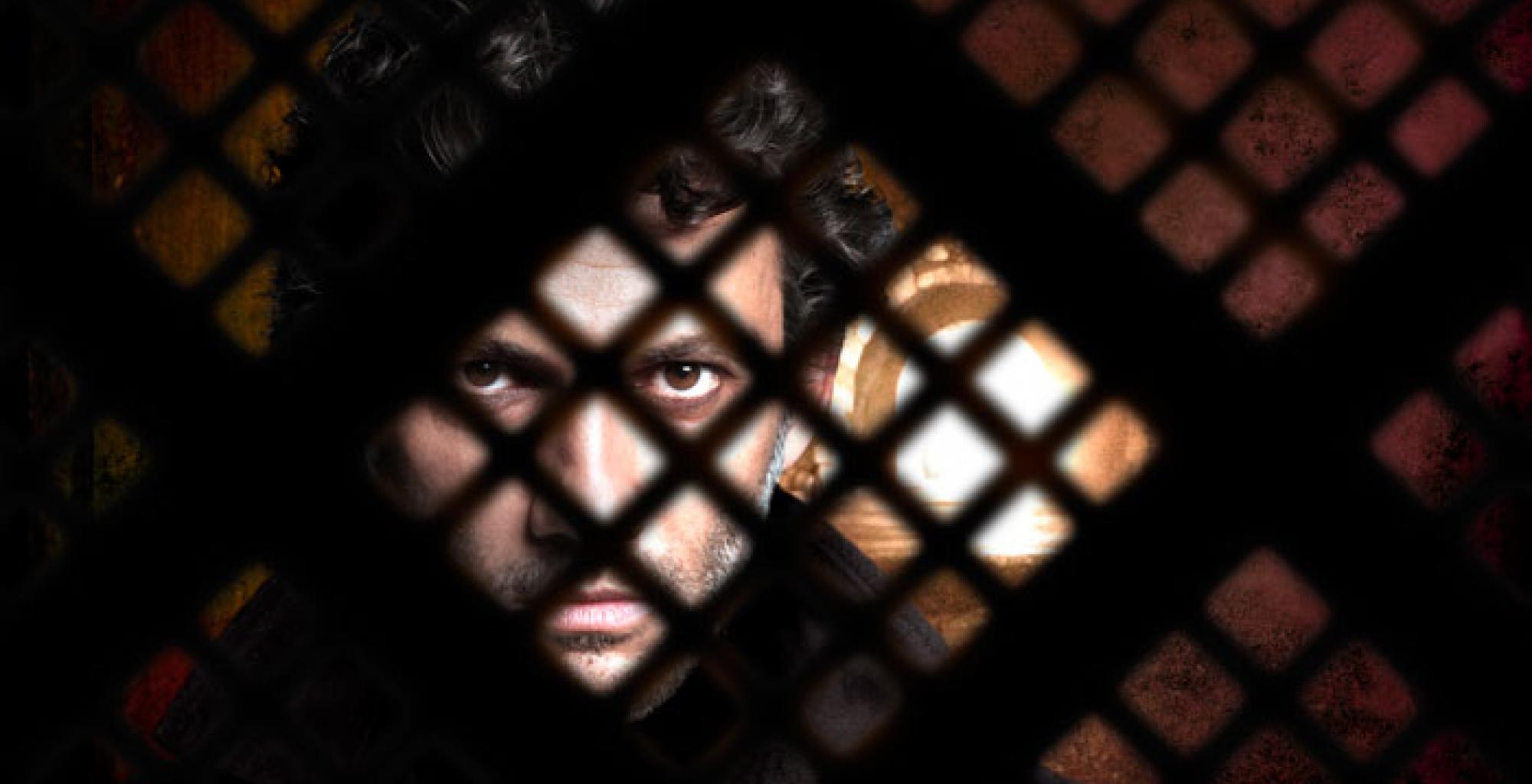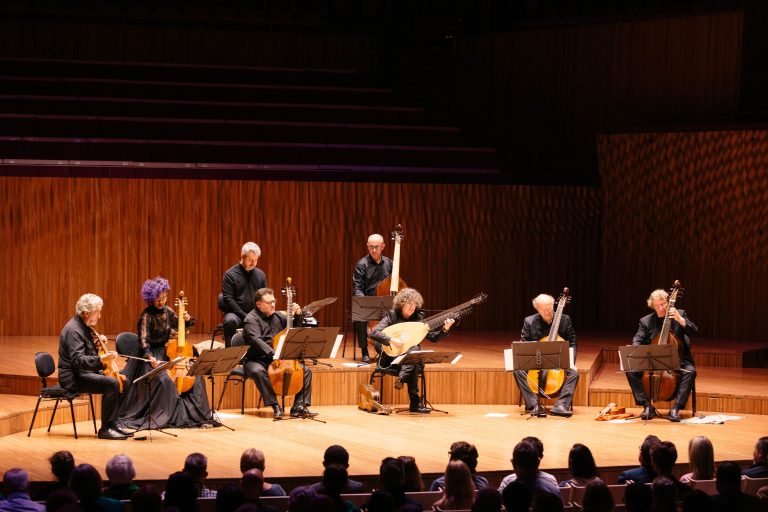CD review ‘Spheres’: Music meets metaphysics

“The Heavenly Spheres make music for us,…….All things join in the dance!”
Having recently recorded Max Richter’s re-composition of Vivaldi’s Four Seasons for Deutsche Grammophon, violinist Daniel Hope looks to the elements yet again for inspiration in this recording called Spheres (DG 0289479 0571), which debuted at number 3 in the US BIllboard Classical charts.
With this collection, Hope has sought the common ground between music and astronomy – two subjects which he says, have fascinated him since childhood. He refers to philosophers like Pythagoras and Kepler “who were convinced that music was created when planets move or collide, and that music had a mathematical foundation, a kind of astronomical harmony”.
And so, he “bring(s) together music and time, including works by composers from different centuries who…are united by the age-old question: is there anything out there?”
In fact most of the 18 works on the recording are from the 20th century with just 2 -Johann Paul von Westhoff’s Imitazione delle campane (arr Badzura) and Johann Sebastian Bach’s Prelude in E minor BWV 855 from Das Wohltemperierte Clavier 1, arranged for string ensemble – deriving from the Baroque era. The other composers include Arvo Part (b 1935) the oldest, Philip Glass (b 1937), Elena Kats-Chernin ( 1957), Gabriel Prokofiev (grandson of Sergei, b 1975) and Alex Baranowski ( b 1983), UK based composer, arranger and alumni of Paul McCartney’s Liverpool Institute for the Performing Arts, being the youngest.
The repertoire moves from the familiar, like Faure’s Cantique de Jean Racine opus 11 (ar. Rutter) to the more adventurous Spheres by the young Prokofiev, and includes four world premiere recordings – Spheres, Baranowski’s Musica universalis, Aleksey Igudesman’s Lento and Karsten Gunderman’s Faust – Episode 2-Nachspiel. Some works have an obvious reference to the astral; others, like Kats-Chernin’s Eliza Aria and Nyman’s Trysting Fields have been selected for their compositional features which reflect the properties of spheres in orbit.
The idea of combining music with metaphysics is not new. Haydn and Holst have already been there with The Creation and The Planets Suite, as has Stanley Kubrick in the cinematic, mind-bending experience that is 2001: A Space Odyssey. What this collection achieves is a mood of serene introspection, a sense of weightless travel through time, of reverence and wonderment at the mysteries of creation. The string combinations create sonic textures as rare and as thin as the air in outer space; the inclusion of some choral items swells the texture and adds a sense of veneration without reference to creed.
Spheres typifies Hope’s creativity and his ability to adopt different perspectives. As well as an award winning international performing career and respected discography – he has several Grammy nominations, a Classical BRIT award, the Deutsche Schallplattenpreis, and five ECHO Klassik Prizes – Hope also directs chamber ensembles from the violin, and has written three novels and several scripts for stage and presents on radio, film and TV. As described by The New York Times, “he puts classical works within a broader context – not just among other styles and genres but amid history, literature, and drama – to emphasize music’s role as a mirror for struggle and aspiration.”
Hope’s collaborators on this recording include pianist Jacques Ammon, violinist Chiè Peters, cellist Christiane Starke and cellist Jochen Carls. As well, he has recruited the Deutsches Kammerorchester Berlin and members of the Rundfunkchor Berlin, all guided by conductor and chorus master Simon Halsey.
Now 39, Daniel Hope was spotted by Yehudi Menuhin when he was 11. Menuhin invited the young violinist to join him in performing Bartók duos on German television. The mentorship blossomed and together, they performed over 60 concerts, including Lord Menuhin’s final concert appearance on March 7th 1999, in which he conducted Hope performing Alfred Schnittke’s Sonata for Violin and Chamber Orchestra.
If there were to be a shortcoming, it is that some works are too brief and take their leave before the ideas introduced have time to develop and be absorbed.
Daniel Hope plays the 1742 “Ex-Lipinski” Guarneri del Gesù violin, lent to him by an anonymous family from Germany.
Shamistha de Soysa for SoundsLikeSydney©







